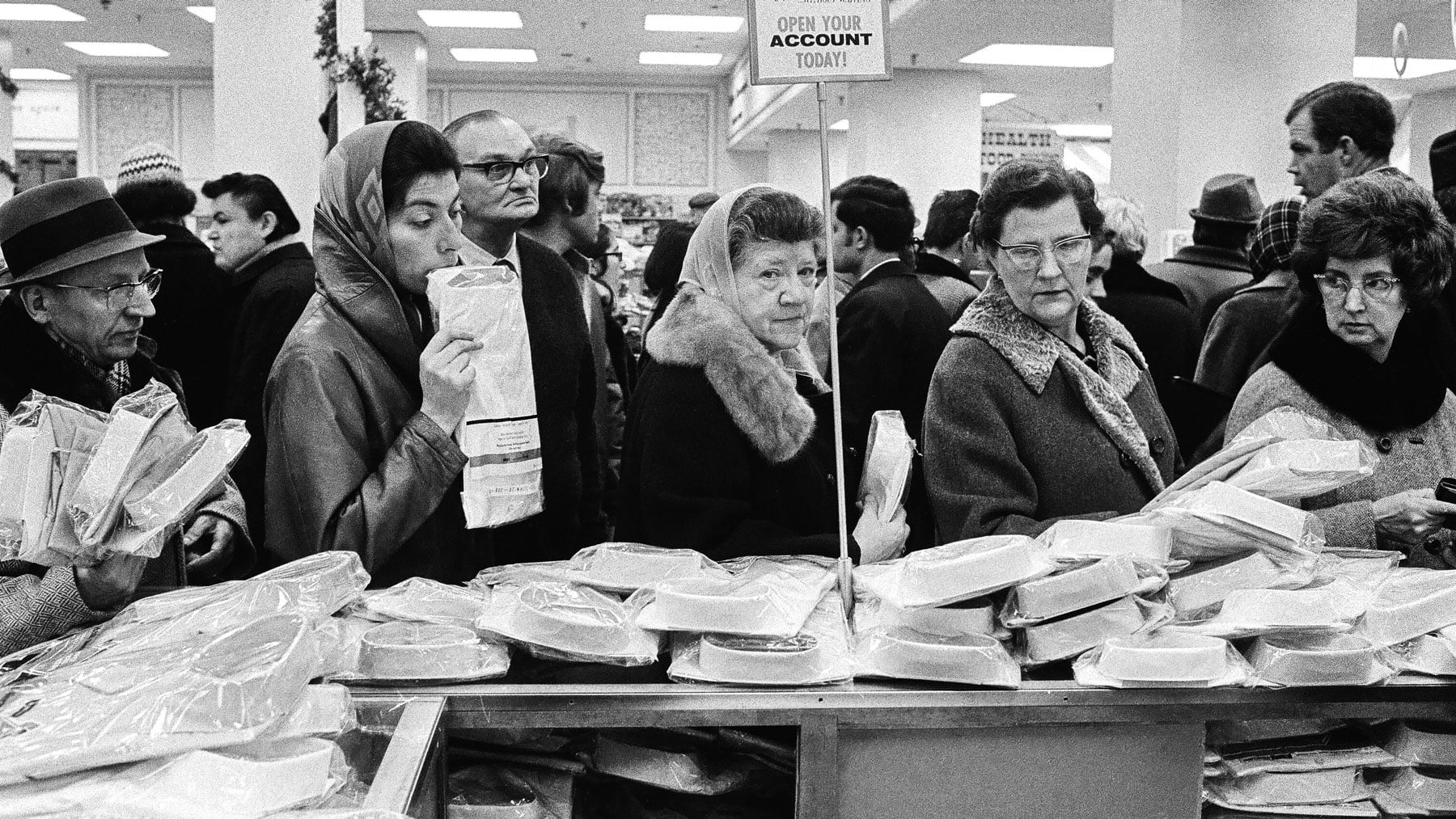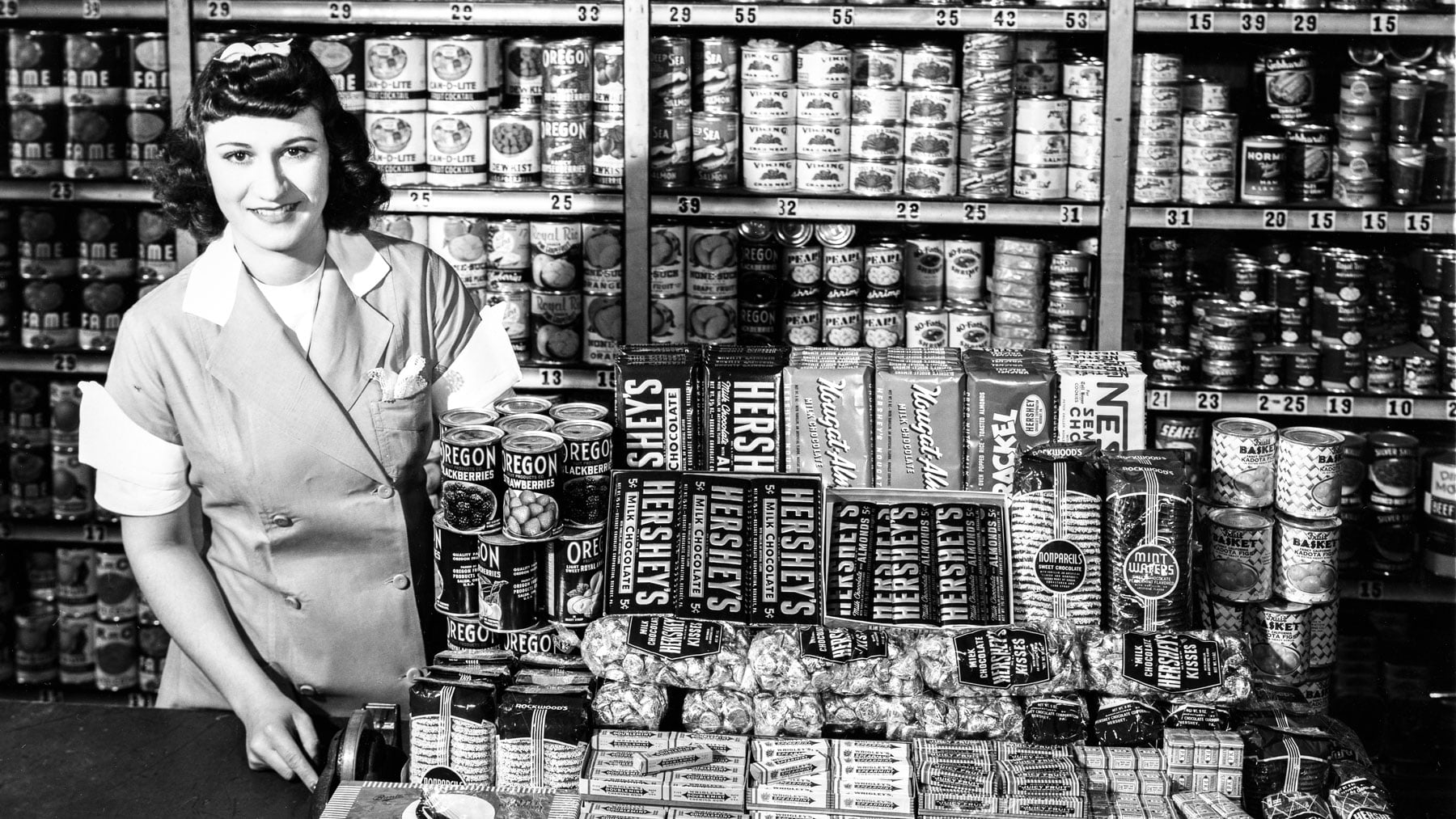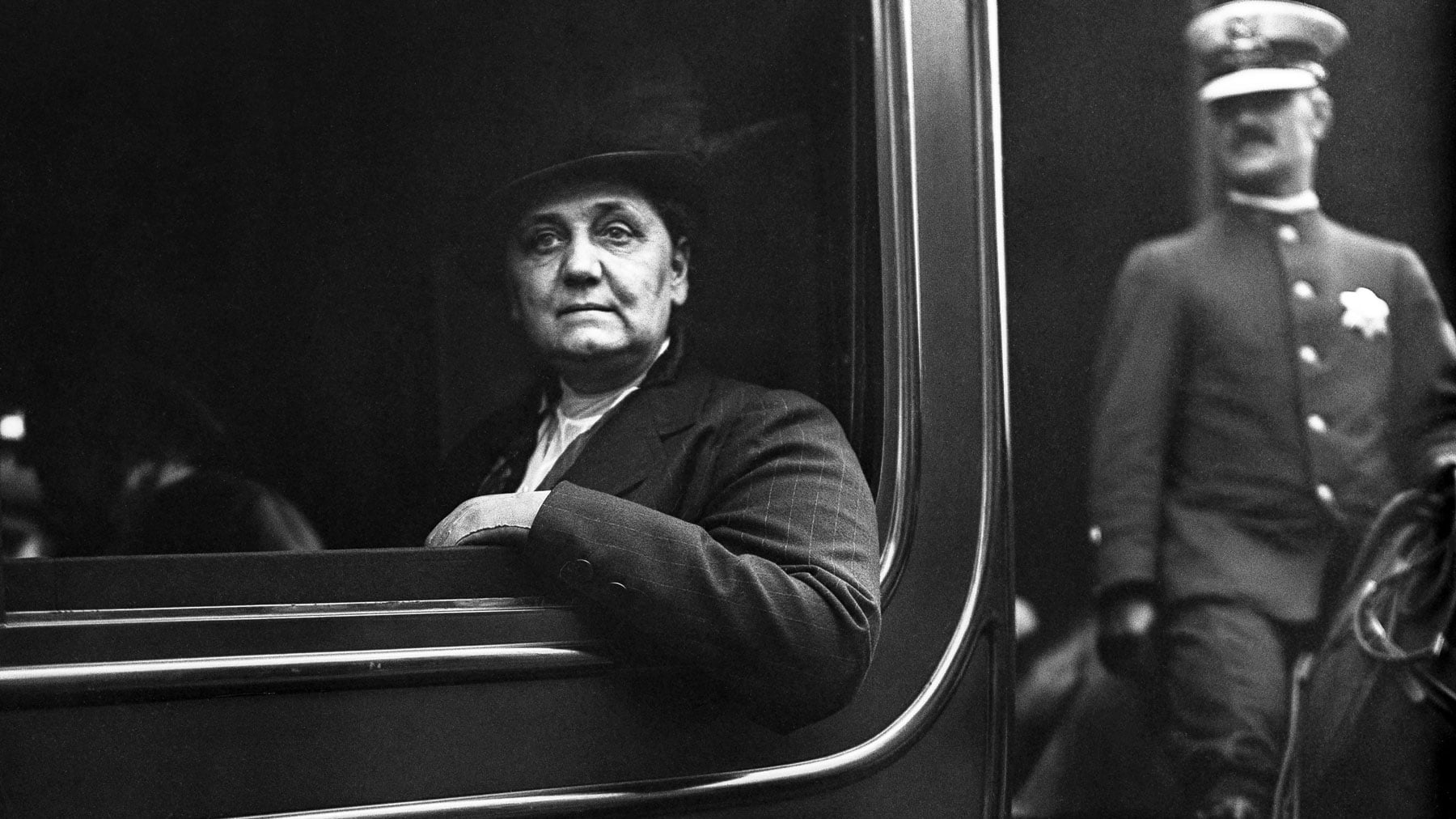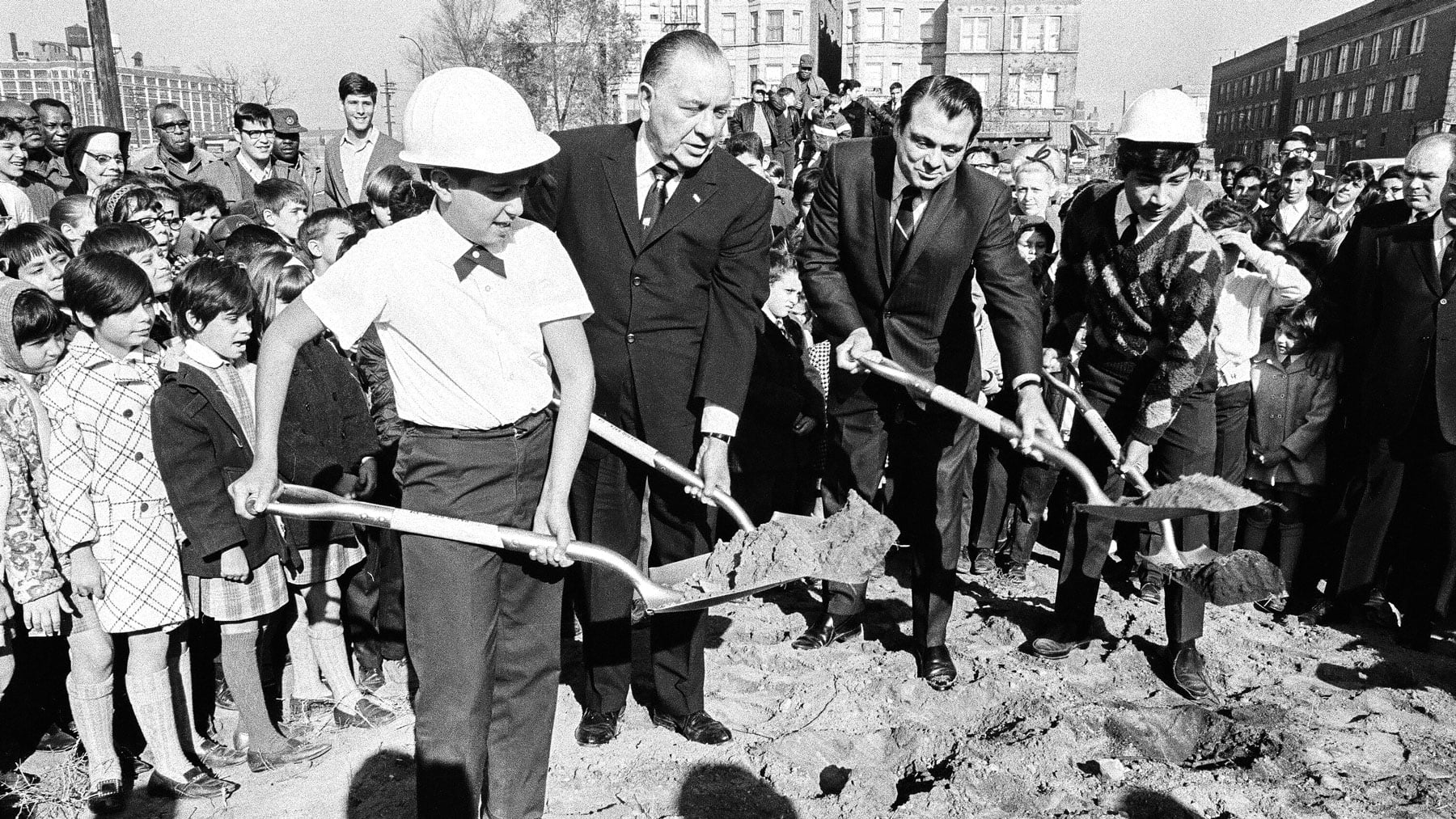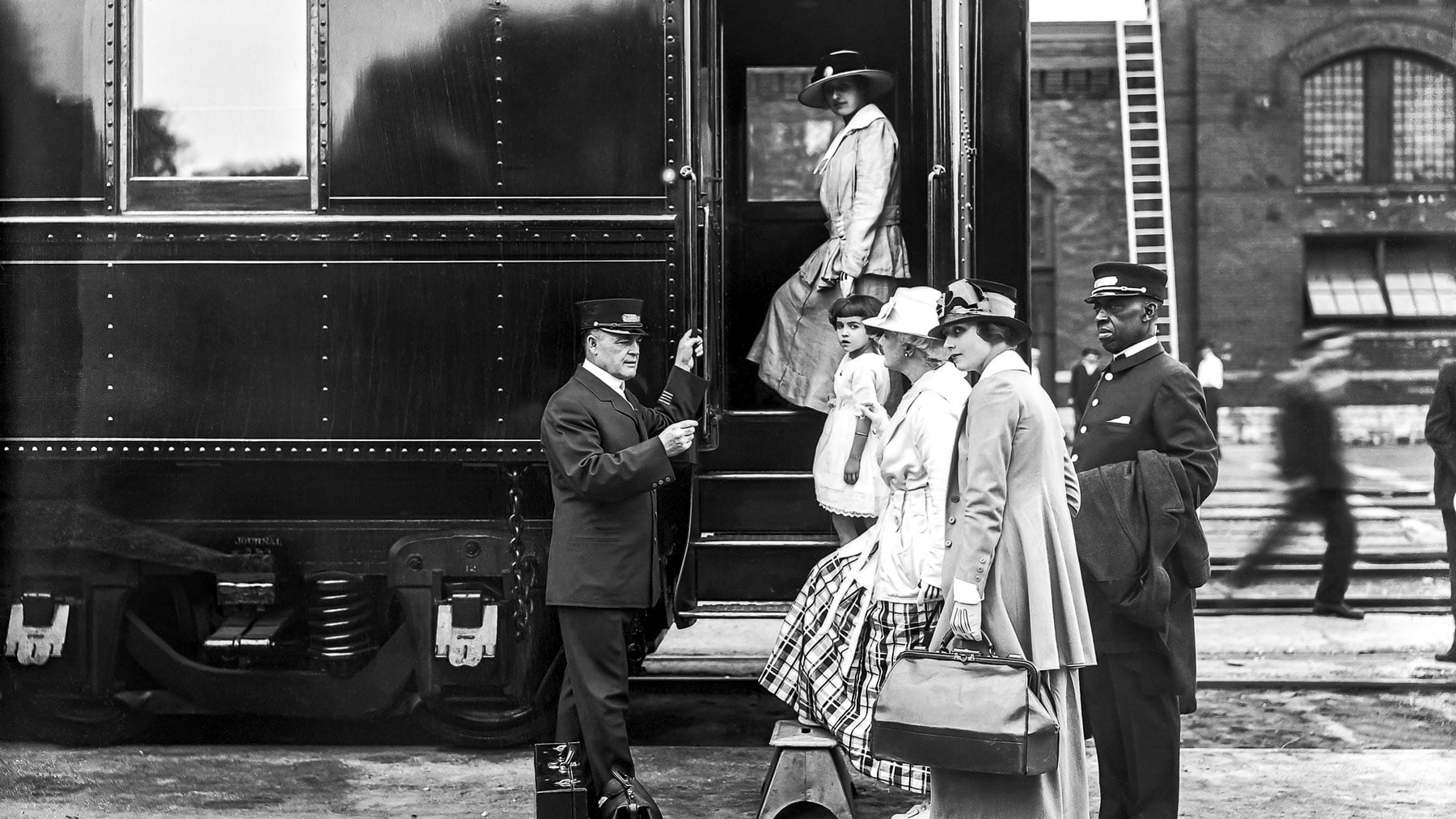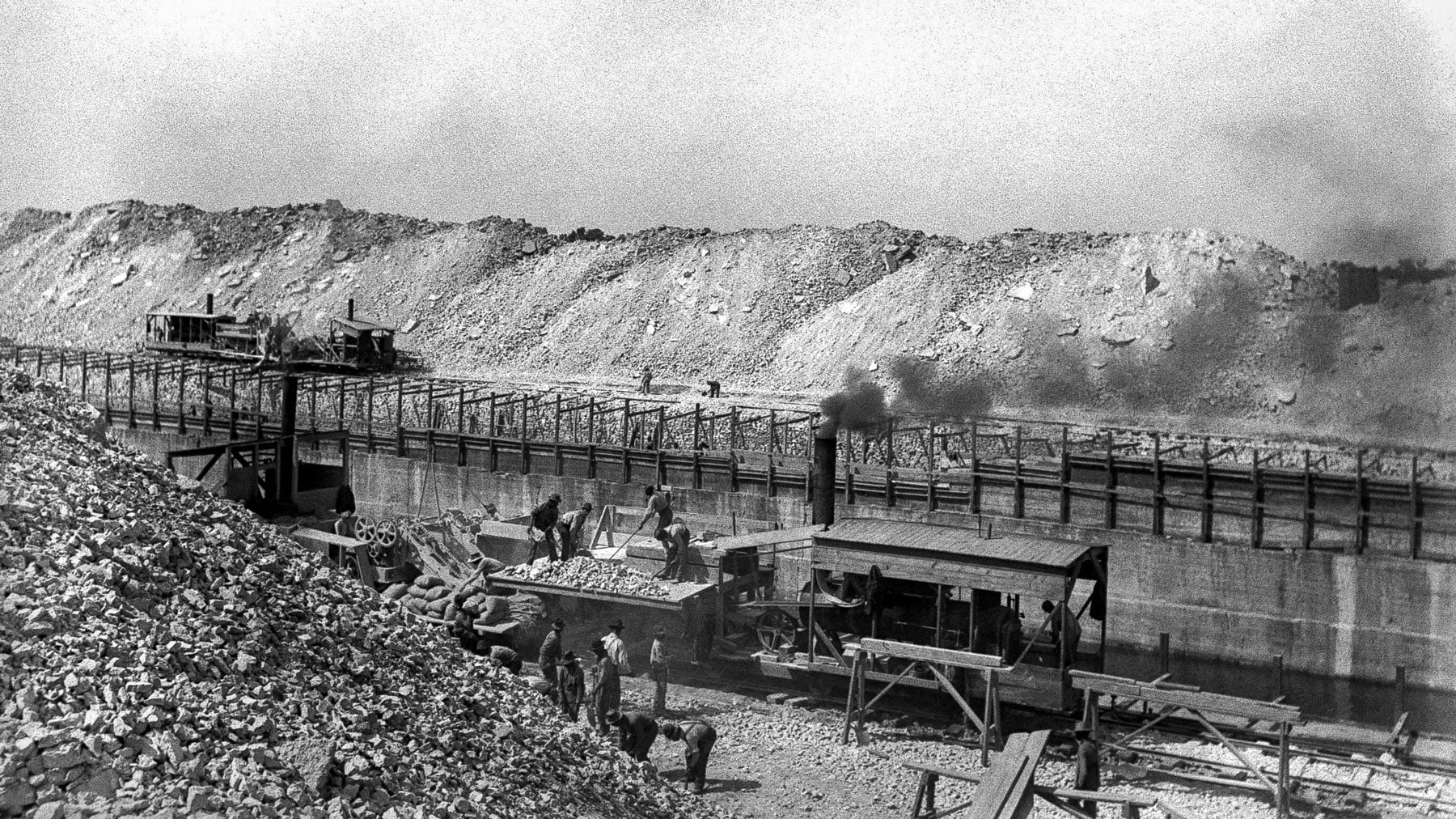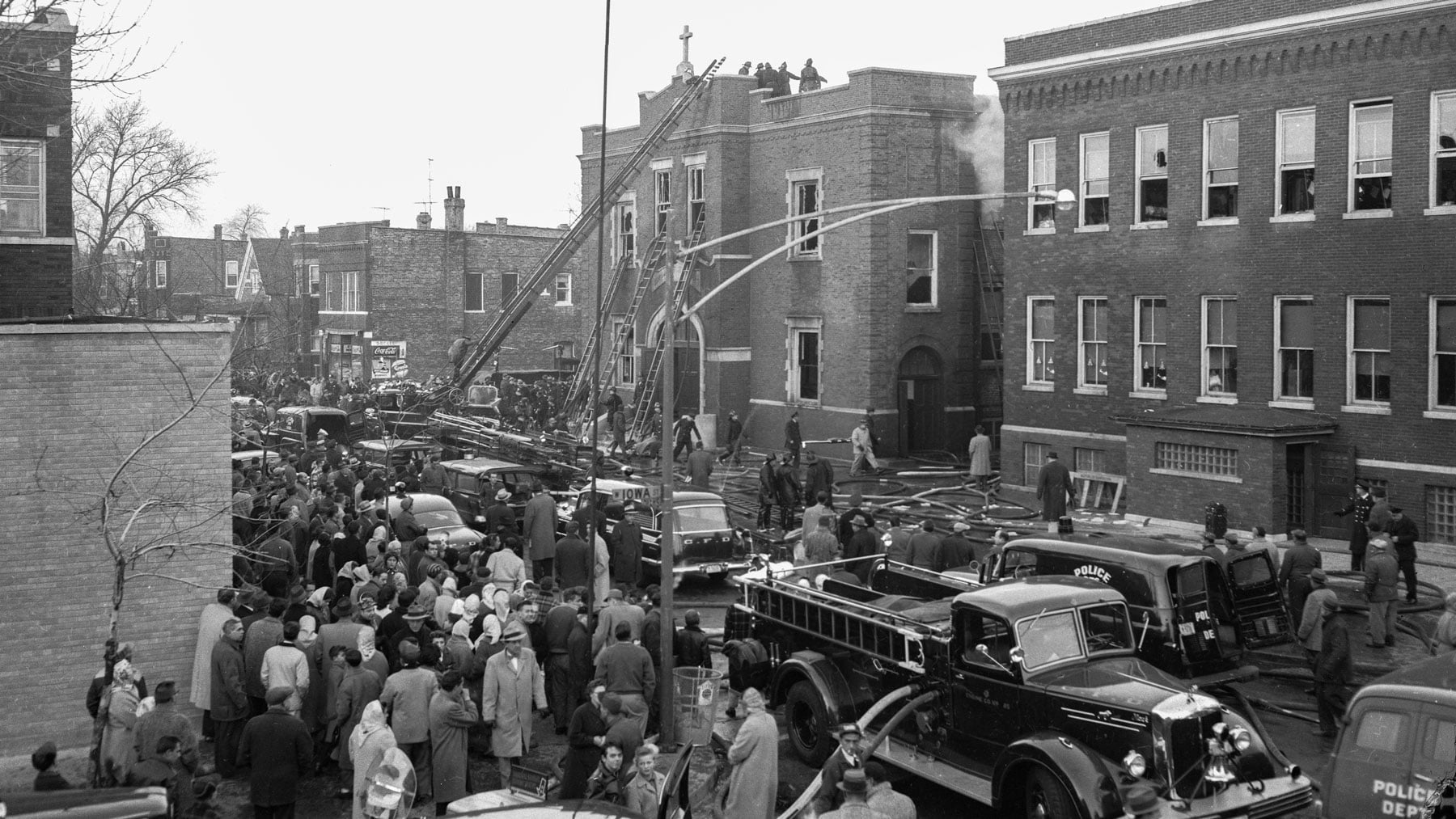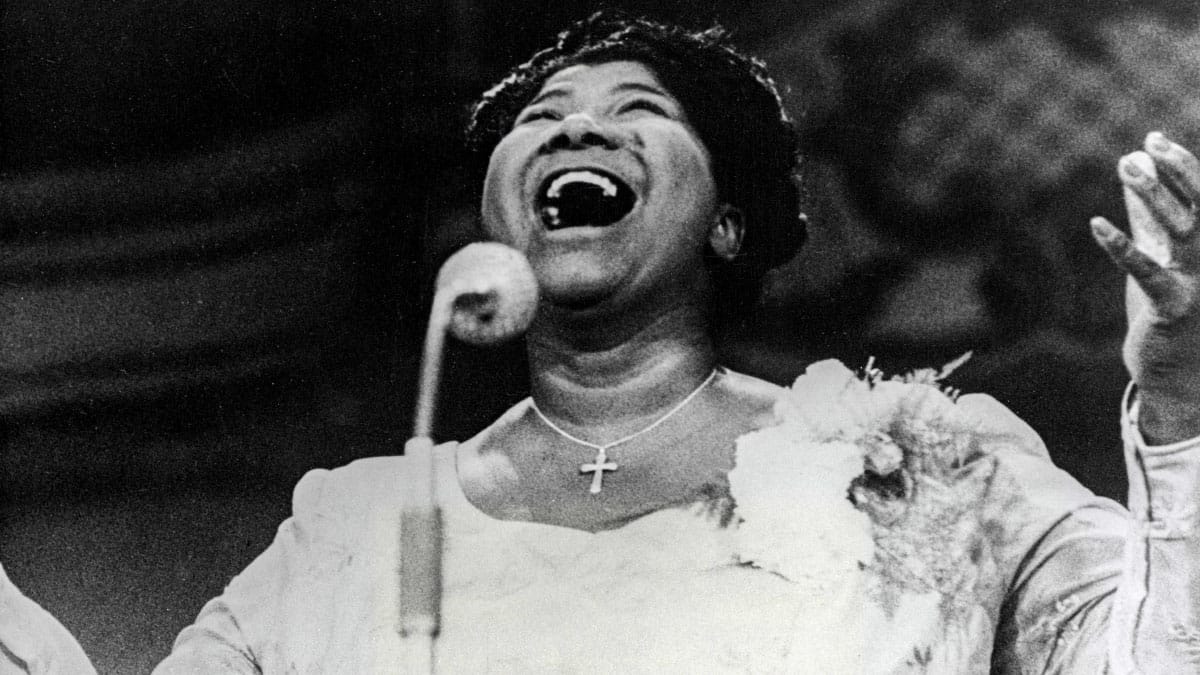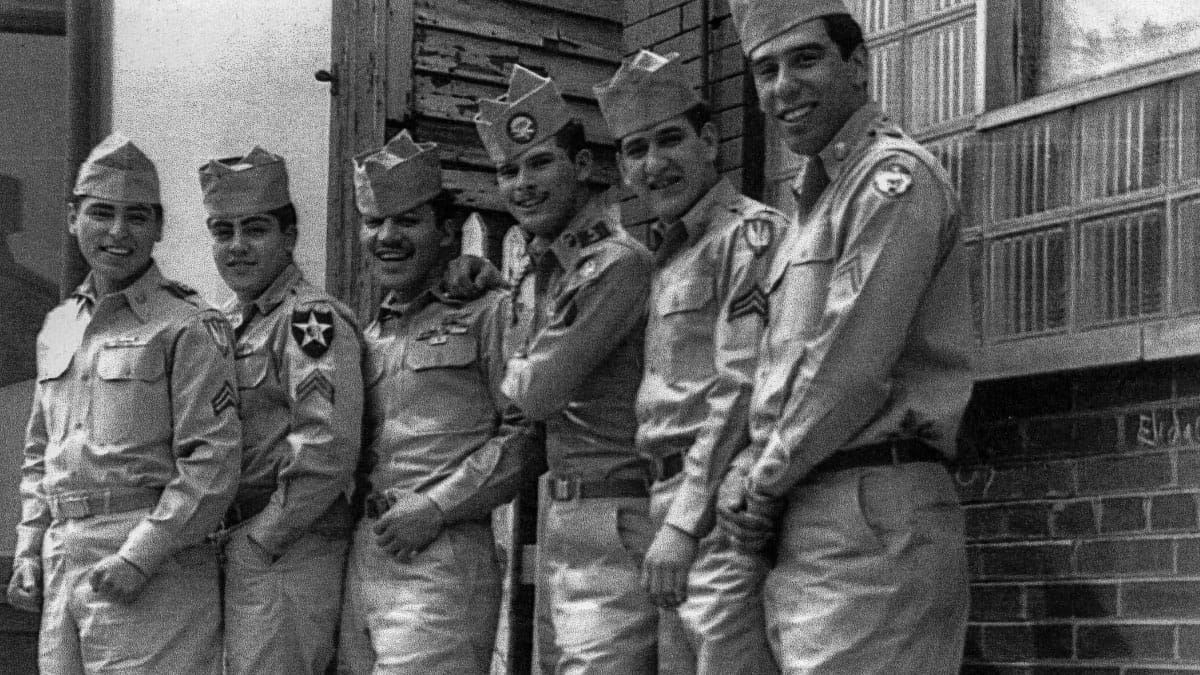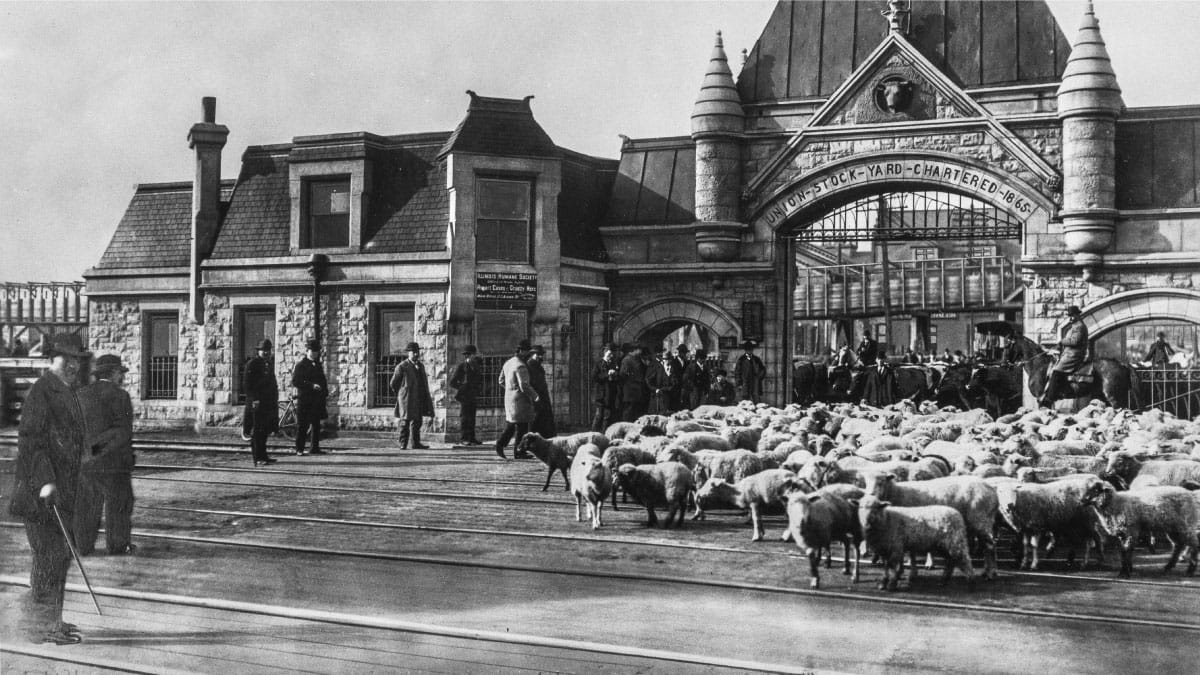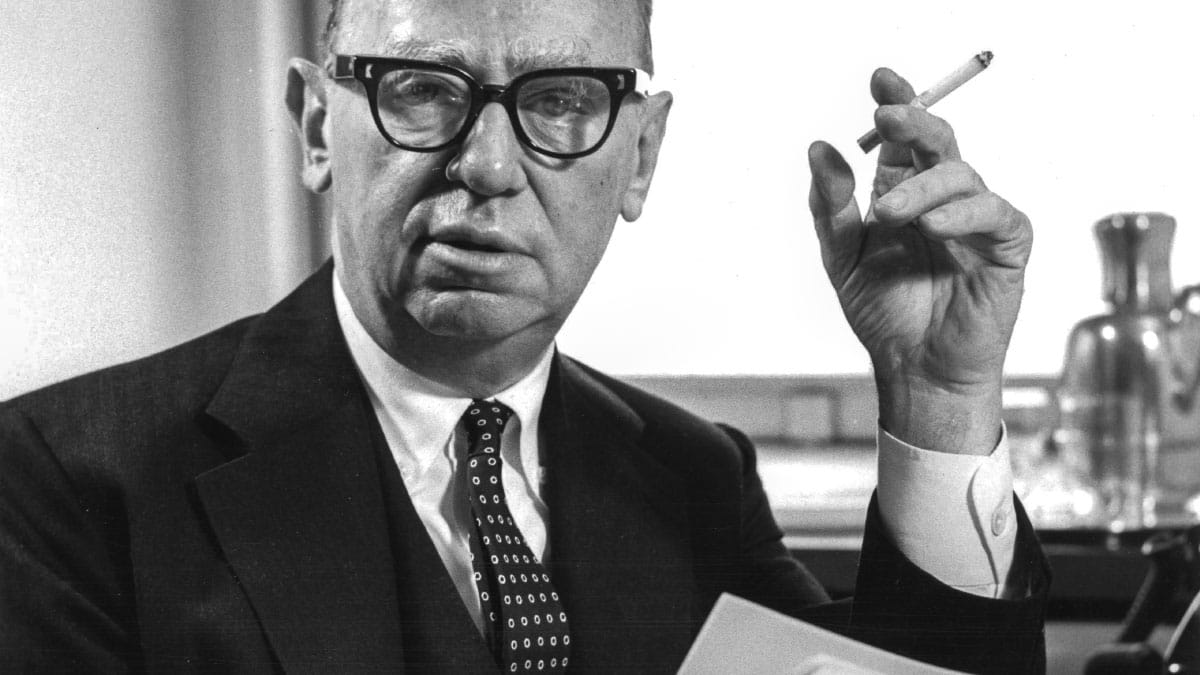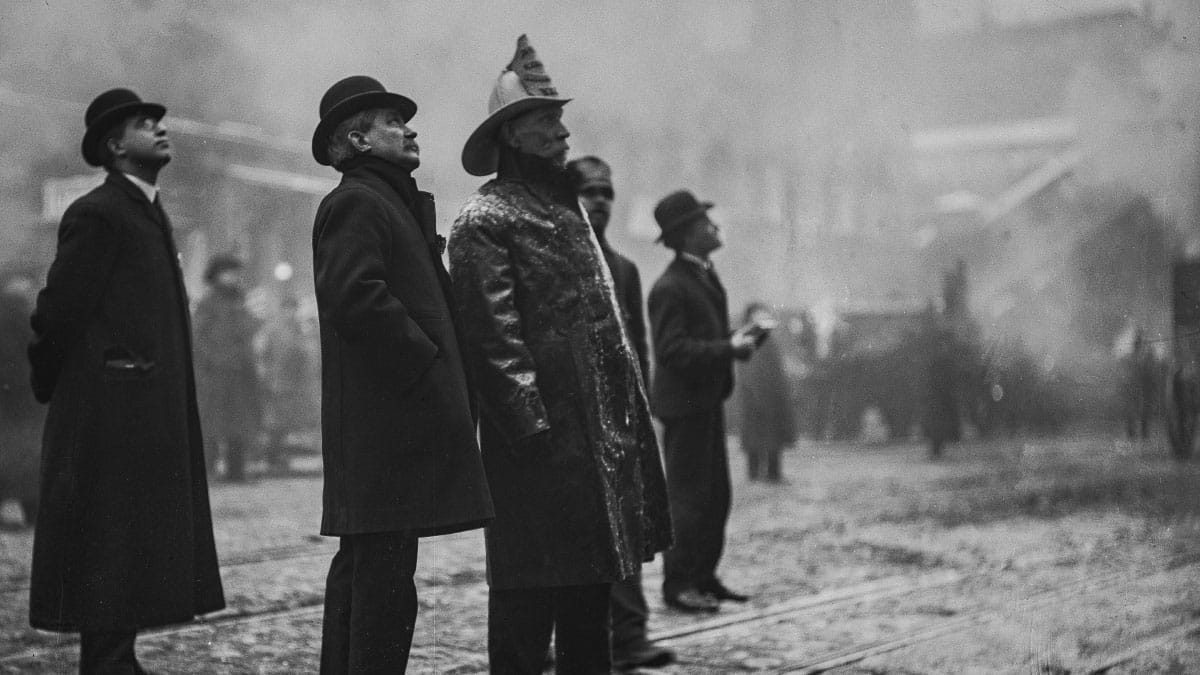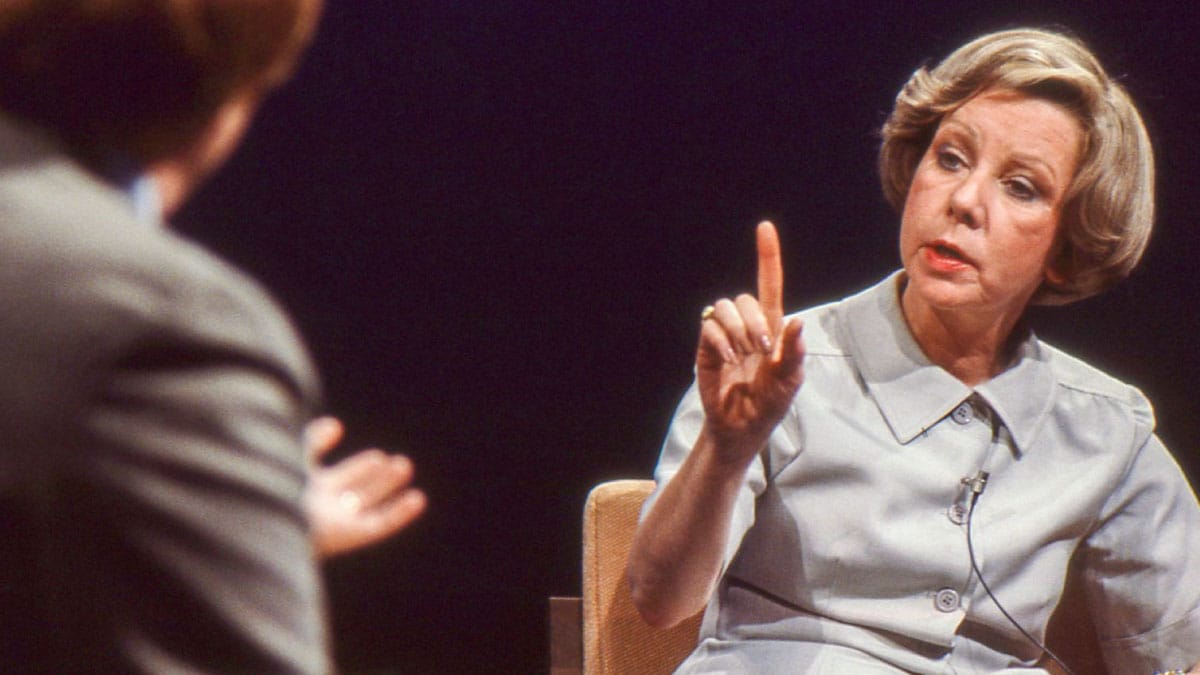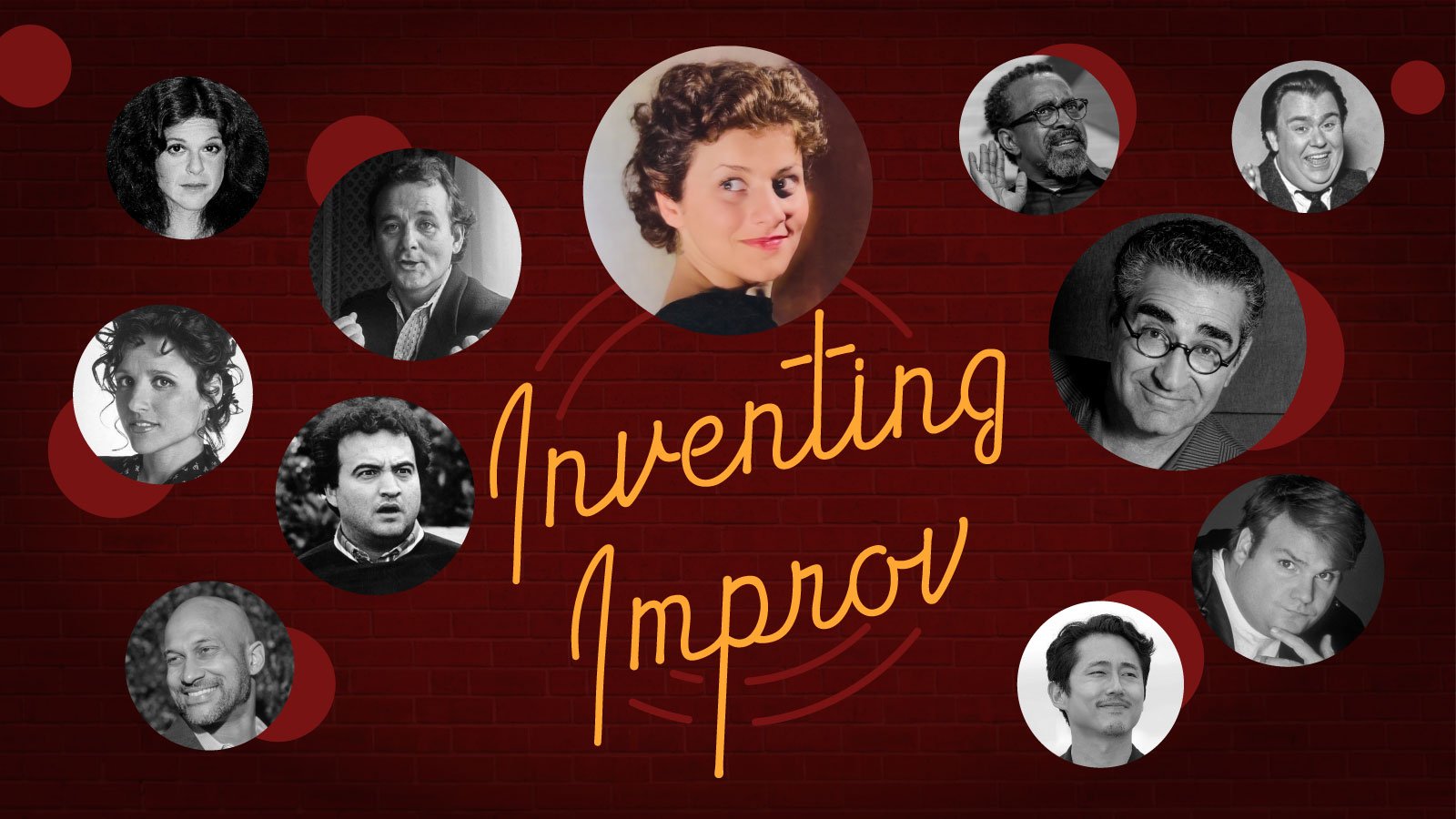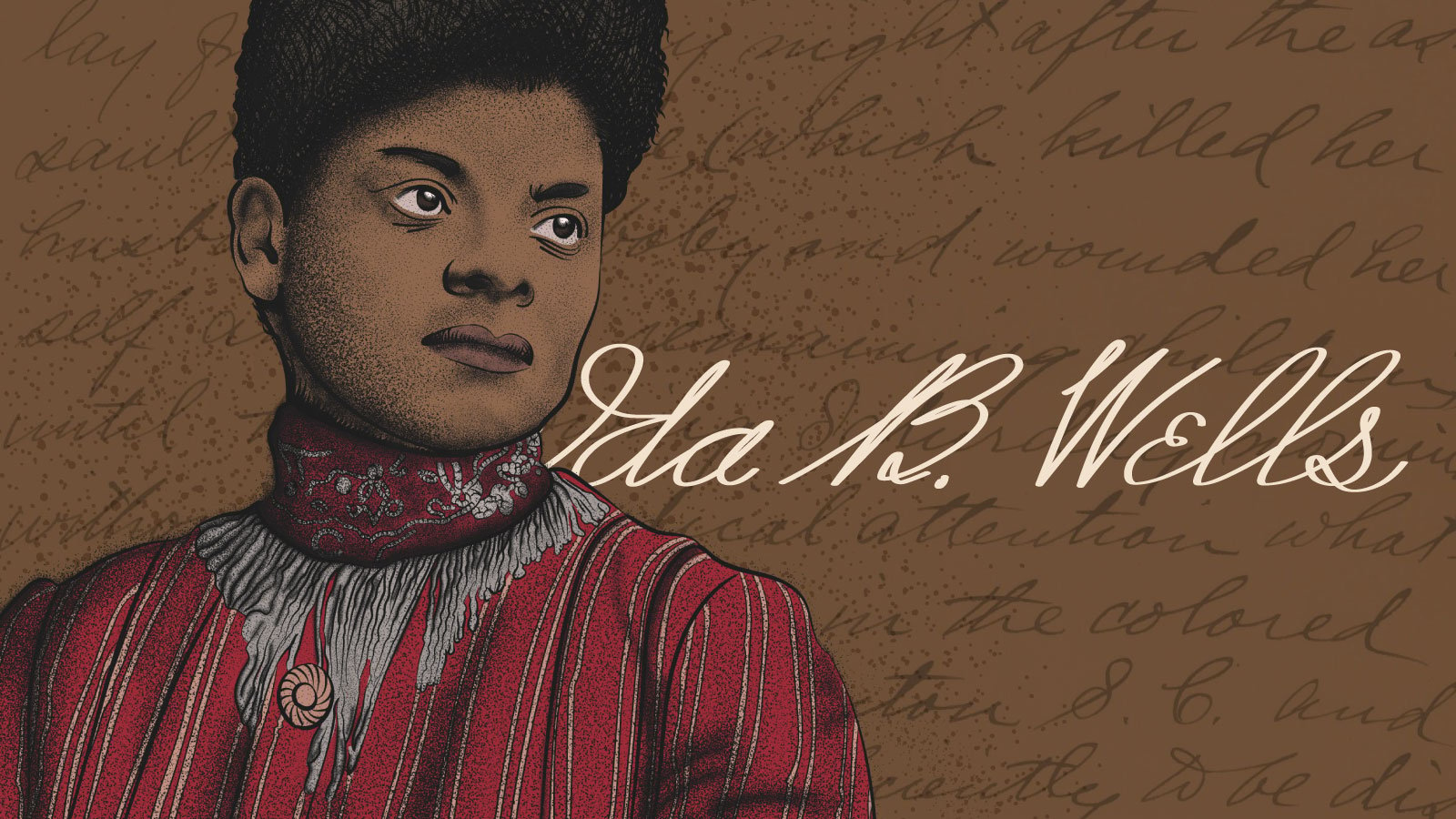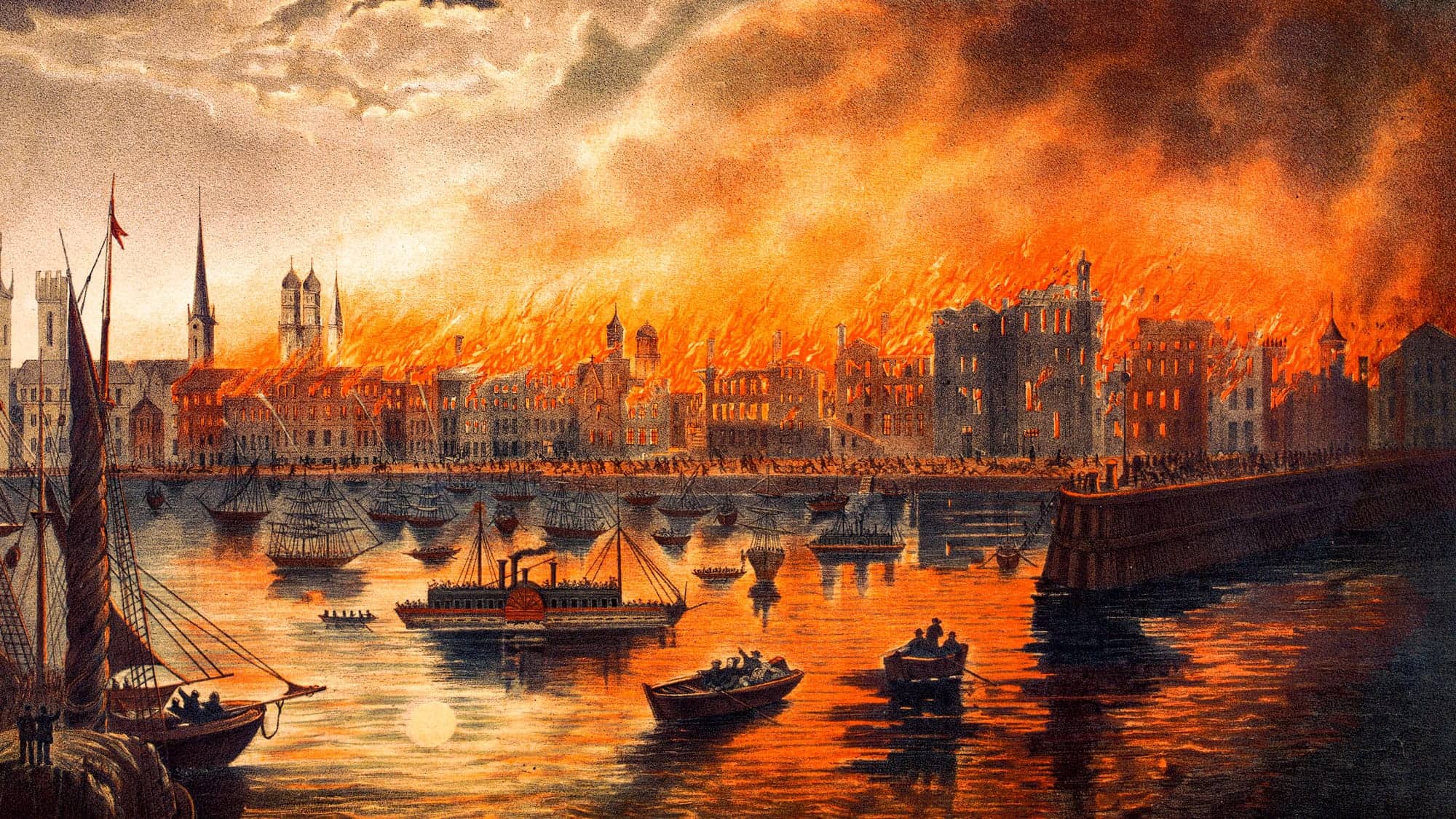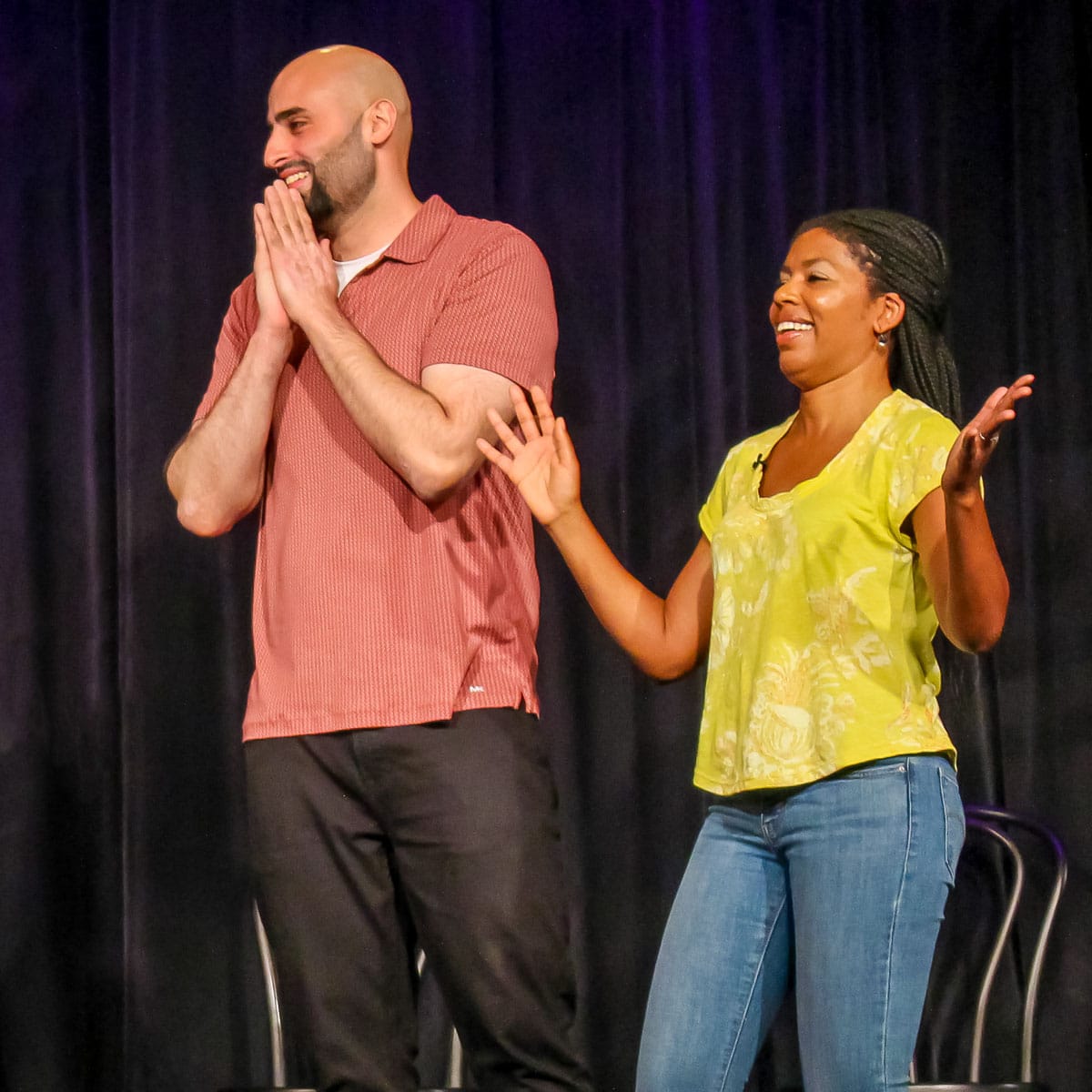When did you fall in love with improv and decide it was something you wanted to keep doing?
“I took my first improv class to help with a comedy screenplay I was writing, immediately fell in love with the artform, and kept on doing it for years just for fun.”
Sheri Flanders, performer and teacher at The Second City


“I had to take improv classes at Second City to take stand-up classes, but it ended up being improv I liked more than stand-up. It was more magical feeling and more surprising.”
Simon Collier, performer at ComedySportz


“Pretty early in life – I just didn't know it was called improv. We always had dinner together as a family, and we almost always spent it riffing, making each other laugh, and having a good time ‘Yes, and’-ing each other through stories of our days or funny anecdotes.”
Ryan Ben, performer at iO, The Second City, One Group Mind, Playground Theater, and Upstairs Gallery


“Because I had started at a young age, it felt like improv was always a possible profession; it took me years to realize most of the professional shows I'd seen were not paid. Every year, my teen improv team would visit Chicago and see a Second City show, as well as a handful of iO shows. I remember seeing my first Second City show and thinking, ‘Yup. This is what I want to do.’”
George Elrod, performer at The Second City


“I think early on in my ‘career,’ it's the high of shows. People s**t on improv and that's fair. I get it. But man, when it works, it's great. There's a joy about getting a group together, booking shows, running across town from one theater to another, doing bits backstage that are better than what you do on stage.”
Rob Grabowski, performer at ComedySportz


“The first time I did it I fell in love and knew I had to do more, despite being super shy at the time. I fell immediately, and hard.”
Kelsey Fehlberg, performer with Improvised Jane Austen and Jane Bond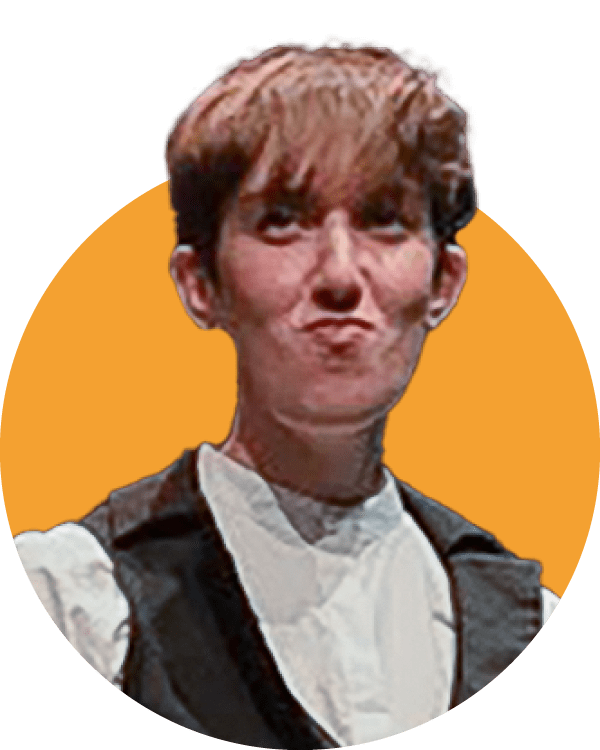


“I think I fell in love (well, maybe ‘in like’) with improv the first time I saw a show at iO. I didn't know what long-form improv was and had no idea what I was about to see. The show itself was weird. In hindsight, it wasn't a particularly good show. But the whole time I kept thinking that it looked like something I'd want to try and could just maybe be good at.”
Sami Smith, performer at iO


“I fell in love with improv in college when I joined the group Awkward Silence at Indiana University. Watching my older friends in the group take risks and accept each other's crazy ideas onstage gave me permission to finally let go and give in to my own instincts for the first time. I finally felt a sense of acceptance from others, but also stopped judging myself so harshly. It was such a euphoric feeling, and I knew I wanted to continue doing improv in Chicago.”
Leila Gorstein, performer with iO and The Second City


“In the 8th grade, I did a bit that killed. I believed it would before I did it. When the audience responded just the way I intended, I knew performance would be my life's work. Improv came later and is a part of my varied life as a performer, actor, stand up, and storyteller.”
Ric Walker, director and performer Improvised Shakespeare Chicago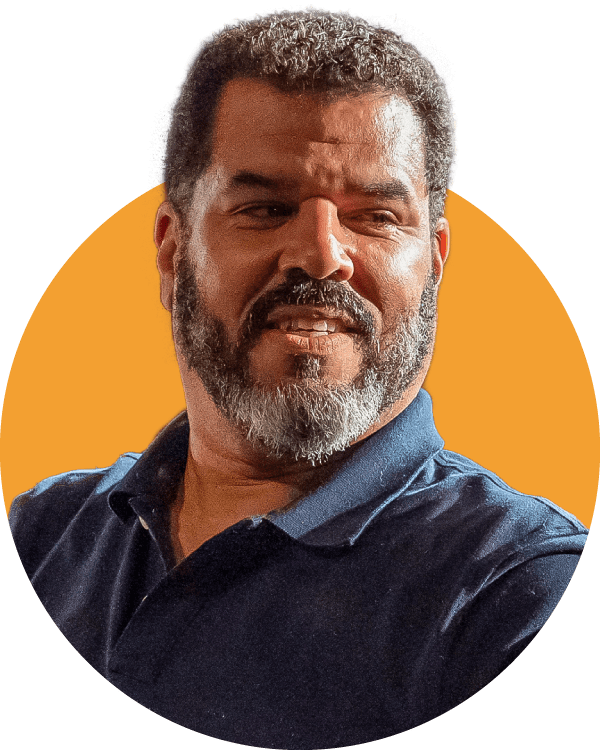


What do you like about improv?
“As adults, we rarely have the opportunity just to get together with other adults and play. It’s amazingly fun to dedicate large parts of my life to laughter and rolling around on the floor like a dork!”
Sheri Flanders


“I like how no two shows are the same. And that each different mixture of people you play with manages to pull things out of you that you may not have known were in there. And there’s something very freeing about knowing that other people will support you and your weird choices.”
Simon Collier


“When done well, improv is an art for everyone, by everyone, and is at its best when each and every person participating in it is an equal part of the collaboration. Baked into the art form, free from institutions or bad faith actors, improv thrives on equity, inclusion, and diversity.”
Ryan Ben


“Improv liberated my voice and point of view. I don't know what I would be like if I hadn't dived so deep into sketch and improv when I was younger, but I imagine it made a huge impact on my development.”
George Elrod


“I'll give the simple answer: I like doing shows and I like making people laugh.”
Rob Grabowski


“When improv is really good, it's because extreme teamwork and connection is happening. When you're locked into a scene with someone and you know you're doing your best to make them look good and support their moves, and they're doing the same for you, it feels magical.”
Kelsey Fehlberg


“In real life, I get a lot of analysis paralysis and can be a perfectionist, but I am able to push that aside when I'm performing, because there just isn't time for that kind of self-doubt and editing.”
Sami Smith


“In a day and age when we're on our phones a lot of the time or distracted by all of the things going on in the world, improv forces you to focus on what is going on in that exact moment!”
Leila Gorstein

“I love the thrill of working together with the ensemble to create something unique for those in attendance. Each night is like a series of inside jokes between the players and the audience –– something special that outsiders wouldn't understand. An evening of, ‘You had to be there’ moments.”
Ric Walker


What do you find challenging about improv?
“Midnight shows! I need my beauty sleep!”
Sheri Flanders


“I sometimes still struggle with being self-conscious about making big moves. Or initiating something that might be weird. With long-form improv, I usually get in my head about trying to make a choice that works or fits or moves the story along, and it makes me freeze up.”
Simon Collier


“Being individual while being in a group. How can you bring your best self while balancing lifting others so their best [selves] can show, too?”
Ryan Ben


“Because at Second City we improvise to develop sketches, it's hard admitting that sometimes things are funny the first time. The second or third time you try something is often too artificial. There's something so exciting about spontaneous behavior you see in improv, it can feel like lightning in a bottle. When the show is over and you want to write that sketch again, trying to come back to that same clear moment is often difficult.”
George Elrod


“When you start, you're hungry and you want stage time, so you say yes to everything. But then your schedule is nothing but rehearsals and shows. And because you're so busy, you're only giving 50% of energy to everything so it can feel like a waste. The improv community will ask a lot from you for very little in return. Also, that you'll be bad for the first 2-3 years. You'll work through it and [there’ll] be glimmers of talent, but you'll be bad.”
Rob Grabowski


“Brilliant improvisers can keep a lot of plates spinning or think of the whole show in a broad, interconnected-theme-web kind of way and make really cool links between ideas or moments. I am not so hot at that, and being able to step back and notice those connection strands is a skill I want to grow in. Also, I think the pre-show mental game can be hard. If I worry about being funny or making people like me, it's a guarantee I will be weird and stilted on stage.”
Kelsey Fehlberg


“[T]he way people feel pressure to ‘keep up’ with others can be especially tough. This includes getting placed on teams, performing in certain shows, keeping moving up in the comedy scene. It's hard to not compare your own skills and progress to others, especially the other people you started out with. There's a competitiveness – some of it real … but some of it is just our own making.”
Sami Smith


“Sometimes my brain is slow, and I'll go home after improv shows and think, ‘Oh, man, I wish I said this!’ There are days where I have a foggy brain or I had a particularly long day, and it's hard to really let loose in improv. It's also really hard to let go of the wanting-to-be-liked feeling when you're in front of an audience.”
Leila Gorstein


“Rhyming games and songs!”
Ric Walker


Do you have a favorite memory or funny anecdote from performing or taking classes?
“When my husband, Josh Flanders, and I first started taking improv classes together (and were first dating), most of our teachers wouldn’t let us do scenes together, thinking that we were ‘cheating’ somehow, when in actuality, we were terrified to perform together and had been avoiding it. Then we got to Susan Messing’s class and she … forced us to perform the “Double-Mint Twins” game, where two performers attempt to talk in unison. We were sweating bullets the entire time and nearly melted into a puddle of embarrassment. Now, we perform together all of the time!”
Sheri Flanders


“I will never forget this kid that was an audience volunteer one night. My team was playing a singing game, and I had just started my transition at the time. The kid was pretty androgynous, and really honed in on me right away. They didn’t want to hear any songs that my teammates sang and let all my songs go on for way too long. It was a good reminder that representation does matter. And that we have the ability to let kids, or even adults, know that they can do or be anything. It’s my favorite memory by far.”
Simon Collier


“My iO team [called] Uh Oh once did a raffle of a hundred dollars in a poor attempt to increase audience size during a particularly difficult slot.”
Ryan Ben


“I [got] to meet one of the actors who was in the first Second City show I saw. I was a production assistant for a TV show at the time. I told her that I was working at Second City, and that she was one of the reasons I started taking classes when I moved to Chicago. She laughed, and said, “I owe your parents a LOT of money.’”
George Elrod

“I once saw [comedian] Jeff Garlin give notes to three elder improvisers in the community during a show. They did a bad job and he let them know it.”
Rob Grabowski


“When someone in an improvised fairy tale show said, ‘We'll go fight the dragon!’ and I stepped out to play the scene, I noticed too late that my buddy Huy Nguyen had also stepped out in front of me. I panicked. I knew there could only be one dragon, it'd be lame to add a second one. So when Huy roared, ‘I am the dragon!’ I blurted the first thing that came into my head and shrieked, ‘And I am his hype boy!’ The audience died. I spent the rest of the scene hyping everything Huy said and it was probably the dumbest scene I've ever done.”
Kelsey Fehlberg


“I clearly remember a scene where I was running a ‘pottery club audition.’ And I was so mad at myself because I am mortified to sing in front of people, but in a scene of my own making I set up a situation where another student had to make pottery with me Ghost-style while we sang ‘Unchained Melody.’ As soon as I said that's what the audition consisted of, I knew I had no choice but to follow through with it myself. But that's part of the beauty of improv! Never in a million years did I ever think I'd volunteer myself to sing that song in front of a crowded room of people, but there I was doing it and it had been my idea."
Sami Smith


“One time I interviewed a couple at an improv show that was on their third date. They were a super cute couple, and the rest of the show, the cast made jokes where we combined the couples' names together. A one point, we got the whole audience to chant their names. Everyone in the audience fell in love with this couple. A few months later, I was on a dating app, and the guy I interviewed in the couple was also on it. I messaged him ‘Oh no! It didn't work out with Pippa?’ He said, ‘Sadly, no. Great show though!’”
Leila Gorstein


“Part of the warm up before an Improvised Shakespeare is 20-30 minutes of sitting around talking. It is usually lighthearted chatter about the week, family news, outrageous stories of people we all know, et cetera. Honestly, it is usually the best part of my week. That joy and camaraderie carries onto the stage and into the shows.”
Ric Walker


How has the Chicago improv scene changed since you started?
“The scene has moved towards discussions of inclusion and pay equity, is less tolerant towards harboring harassers, and hopefully will continue moving in that direction. When I started, I didn’t have any instructors of color until my last two formal improv classes and rarely had the opportunity to play with other BIPOC performers. Now I am an improv instructor of color, and the scene is so much more diverse and welcoming.”
Sheri Flanders


“It’s gotten way bigger, for starters. It’s so saturated here. But there’s also been a lot of great improvements. I’m very happy to see an emphasis on diversity and also on removing people who may be ‘good’ or ‘tenured’ because of something problematic they’ve done. No one is above having to be held accountable.”
Simon Collier


“I think there has been an enormous shift from individual players or theaters wielding all of the power to people creating their own communities where power, opportunity, and the privilege of performing is shared among more people with more diverse voices and talent experiences.”
Ryan Ben


“I'm not sure if it's just the pandemic or improv was always going this way, but a lot is online. You can find improvisers finding success with live Instagram shows, Twitter character videos, or improvised podcasts.”
George Elrod


“It's a small thing, but show attire. When I first started, performers tried to look decent to nice on stage; nowadays, it doesn't matter. People wear shorts, flip flops, ‘funny’ shirts, etc. Everyone should own at least one nice show shirt.”
Rob Grabowski

“It's hard not to reference the pandemic, but I think before that happened and really changed things, I saw some hopeful movement towards doing improv just for the pure joy of it and support and love [for] newer improvisers. I've also met more and more people who want to make the whole scene healthier and more inclusive … I feel hopeful for this new chapter.”
Kelsey Fehlberg


"I have hope that the popping up of more independent, inclusivity-focused theaters will bring real, needed change to the scene. I hope new and veteran improvisers alike will have a place to go when theaters are all opened up again.”
Sami Smith


“I think before the pandemic, the Chicago improv scene was taking more risks in improv structures and celebrating independent styles and teams! Post-pandemic thought: it's changed because everything had to slow down. I used to try and fit in as many shows as I could in a night and run around from theater to theater, but now I don't feel it's as important to fill every second with shows.”
Leila Gorstein


“When I started in Chicago improv, there were so few people of color and a smaller ratio of women to men. Gladly, that has changed a great deal.”
Ric Walker


How do you think Chicago stands as “the place to be” to learn improv and comedy?
“I think the reputation for being a pipeline to the big leagues in comedy has helped establish Chicago as a place where tons of the best talent gravitates. However, I think the focus on those top jobs has skewed Chicago’s focus away from all of the other uses of improv, and it’s nice to see a renaissance of practitioners who are taking improv back to its roots and in new directions.”
Sheri Flanders


“I think this is still mostly true. But now with so many online technologies like TikTok, everyone has the opportunity to show off their skills and talent and make big names for themselves.”
Simon Collier


“Chicago, L.A., and New York City I think share a Venn diagram of opportunities, talent, and expertise.”
Ryan Ben


“If I had a road map to SNL or writing for a sitcom, baby, I'd take it. Everyone has their own journey, and it doesn't always mean traditional Chicago improv theaters. What I love about Chicago is we tend to build each other up. It's a great place to train and find your own voice.”
George Elrod


“At this exact moment, I don't know if Chicago stands as the capital city of comedy. I'm not sure what city does at this moment. In six months, I'm curious to see what the community is going to be like. So many places have closed or are going through a revamp. Plus, more and more people are finding the pipeline via social media … There's still plenty of funny, talent people in this town. I hope Chicago becomes a comedy mecca again.”
Rob Grabowski


“I still think this is the absolute best town to learn comedy. If you want to do improv and sketch shows and be on stage multiple nights a week, this is without question the place to be. It's so easy to get onstage, even as a beginner here … I'm honestly not a fan of the desperate and competitive energy SNL auditions bring to the scene. I'm here for improv itself, full stop.”
Kelsey Fehlberg


“Chicago is a great place to fail. That's not a joke. You can truly get your 10,000 hours in Chicago and perform all over the city every night of the week. If you want a show to go to, there's always something happening. It's a beautiful, supportive community where you grow and learn, but also have plenty of low-stake opportunities to bomb! There is no place like it, and Chicago comedy is a great launching pad.”
Leila Gorstein


There has always been a great deal of opportunity to grow and flourish. When I first moved to Chicago in the 90's, someone told me that in the local scene, ‘You can make a living but you can't make a killing. In L.A. and New York City, you can make a killing but you can't make a living.’ I believe this to be true.”
Ric Walker


Is there anything else you'd like to share with the class?
“Improv is such a special art form, and I think the world would be a better place if everyone had a chance to learn how to play together!”
Sheri Flanders


“People will ask me who's my favorite improviser. I think they expect me to say someone famous, but my favorite improvisers are the people I work with. They're the people that continue to excite me.”
George Elrod


“I love improv in a way that is absolutely uncool, with my absolutely cringey whole heart.”
Kelsey Fehlberg


“If I had an AIM away message, it would be 'Improv=life.'”
Leila Gorstein


Note: These interviews were condensed and edited for clarity.

